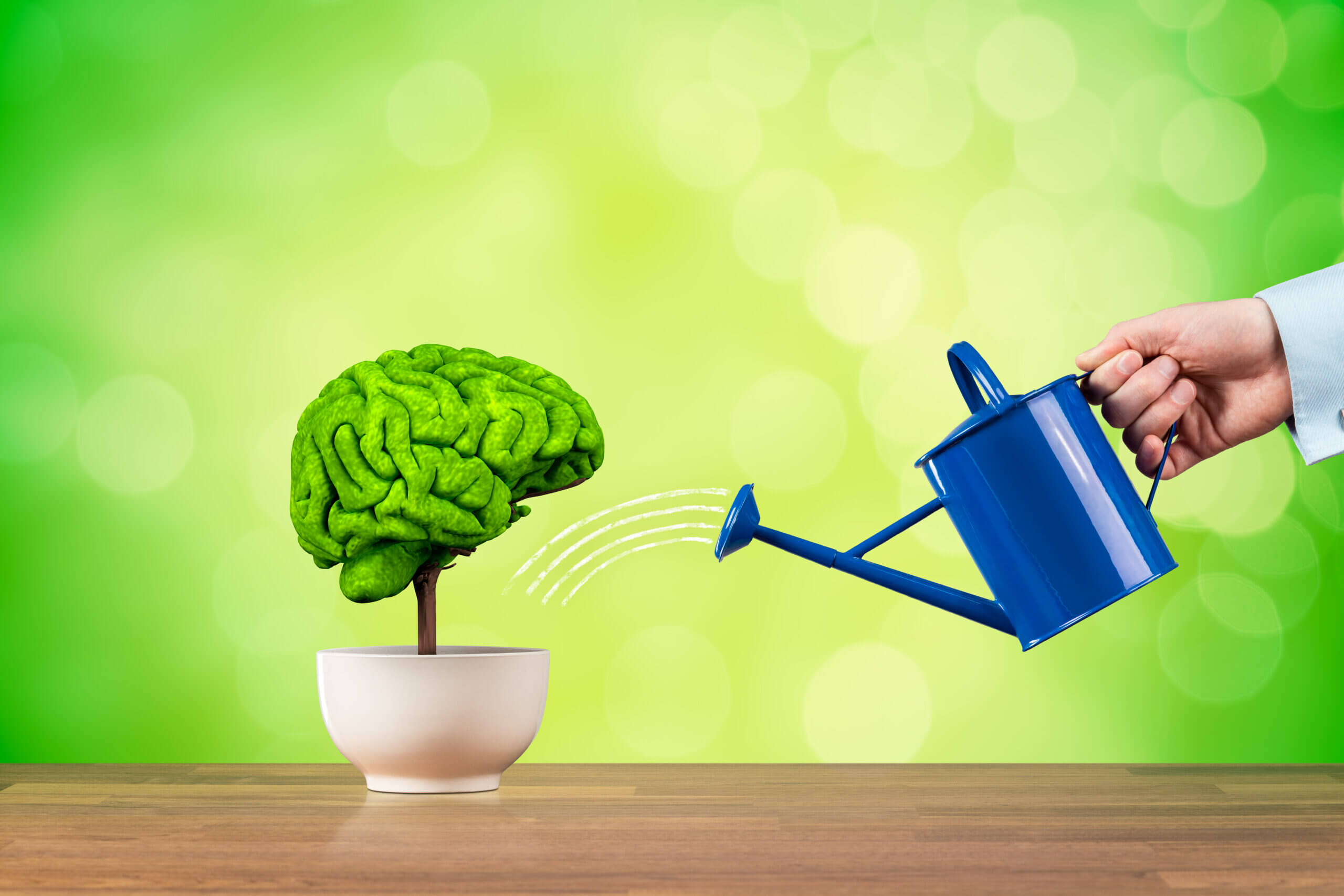Do you experience burnout?
In the present era we are overloaded with information and tasks, and often get exhausted due to burden at work and home, as well as stress. Exhaustion is not only physical but also emotional and cognitive and has far-reaching effects on health and quality of life. In recent years, more and more workers in the health professions and other highly demanding jobs have been reporting of burnout. This may occur when the level of functioning required of the person is very high and carries with it a lot of mental load and stress.
Other causes of burnout that are not related to mental load and stress may be related to non-challenging repetitive work, or to feelings that we aren’t valuable and aren’t rewarded for our contributions. Exhaustion can also occur in our personal life due to taking care of children, home, or a sick family member. Other factors in life affect the experience of burnout, such as the degree of interpersonal support we receive, the pleasure we experience or the ability to take a break.
People who experience burnout report a decrease in motivation, interest, and mood. In addition, burnout impairs our functioning and causes feelings of helplessness, pessimism, and despair. Cognitively, burnout leads to a decrease in memory and concentration, which of course makes it difficult for us to function normally at work and in daily life. When it comes to cognitive dysfunctions, people tend to seek help to get advice on how to get back to their familiar selves.
The brain should rest too…
In a state of burnout, we have no resources to push ourselves and we need to let go and to recover. The brain also needs recovery time, similarly to situations after concussion, long period without proper sleep, difficult night shifts, intense periods of studying, periods of prolonged illness due to inflammation or infections, hormonal changes such as pregnancy, childbirth and menopause.
The mind is constantly affected by what happens in the body and the way we handle ourselves in life. For maintaining high level of functionality even in non-optimal situations, it is important to note that improper sleep is one of the most detrimental factors to our brain and resilience to face the challenges of life. Sleep is also one of the first things that are affected by changes in our life, like sickness and stress.
So what can you do?
So what exactly is the most important thing to do? First and foremost, it is important to learn to keep track on ourselves, to be sensitive to what is happening to us, to stop on time, to understand our limitations, to ask for help, and to find the things that recharge us. Sometimes these are small things of everyday life, such as the need for movement (walking around, stretching), the ability to relax (meditation and breathing), good nutrition, and being sensitive with ourselves.
Generally, it is important to recognize when it is the right time to challenge ourselves and when it is the right time to rest. It is true for the body, and it is true for the brain. Recognition, recovery time and building resilience are necessary steps to allow ourselves to get back on track. There are moments when it is not right for us to learn more, deal with mental load, train and make an extra effort. There are moments when we are ready for new challenges and if we do not give ourselves the opportunity to move to the next level, we will feel that we are beginning to degenerate.
To turn cognitive training to be even more effective and positive, check with yourself first before the training session if you have enough energy, if you slept enough, if you ate and drank, what is the effective time for you to train, if taking a break from daily worries is helpful or wearing, are you relaxing on the chair in front of the computer or do you need to move before you sit down for training. Self-awareness upgrades the efficacy of the training, as well as the experience.










